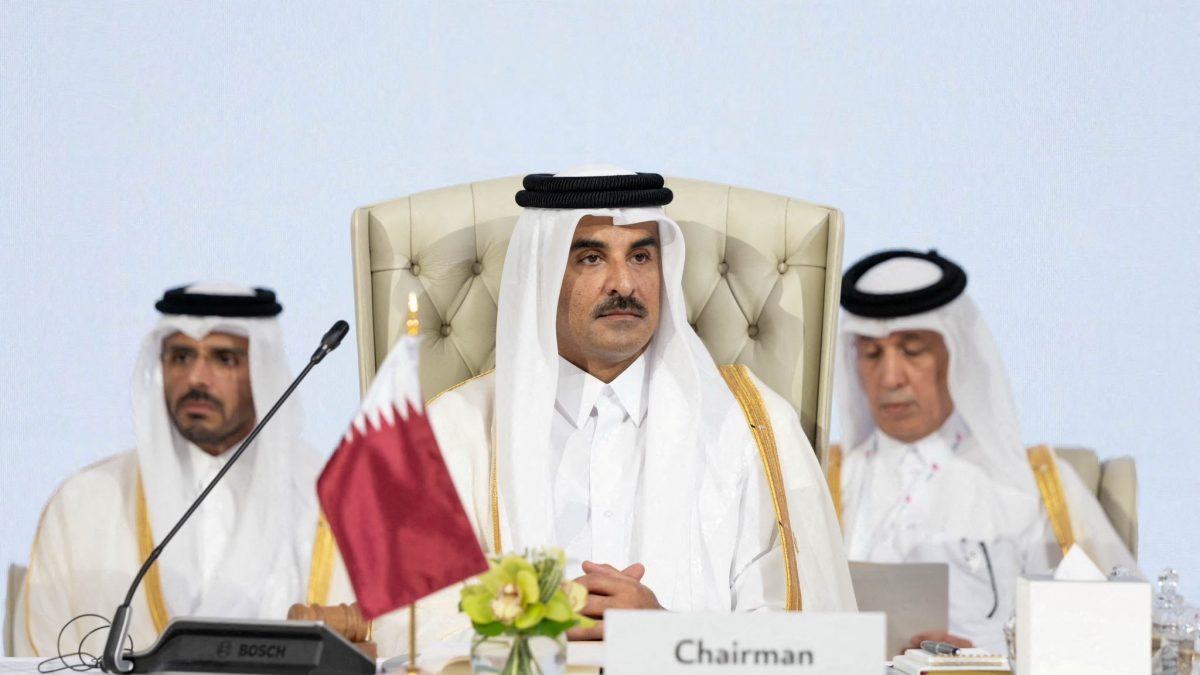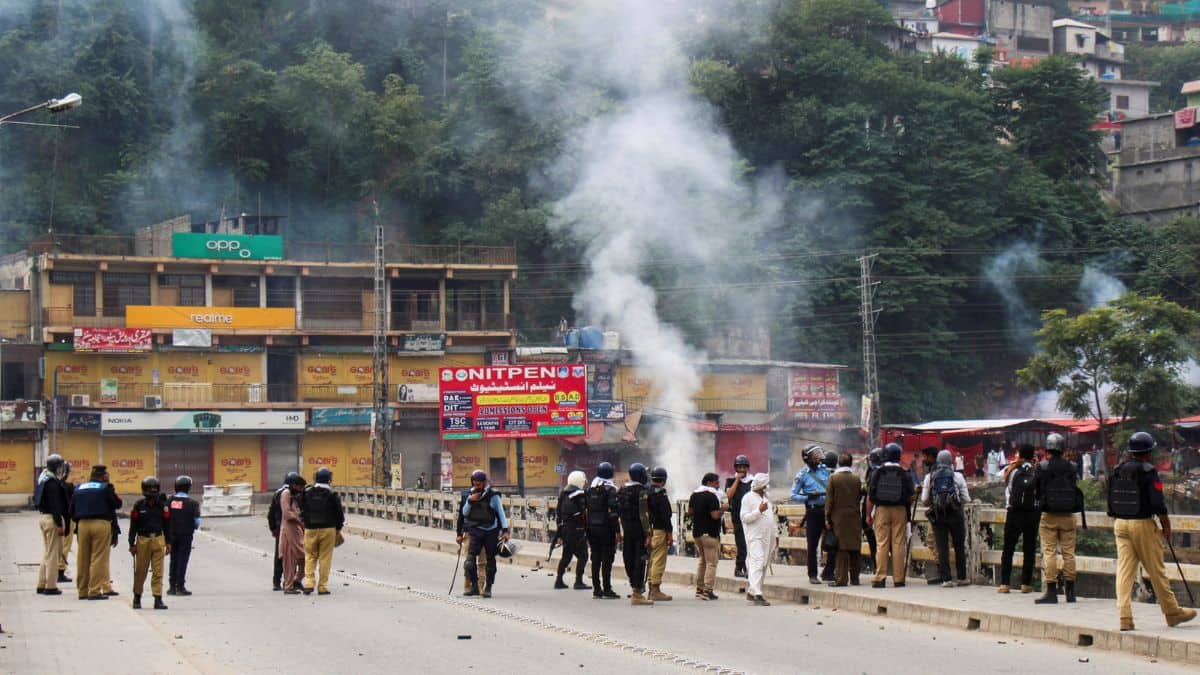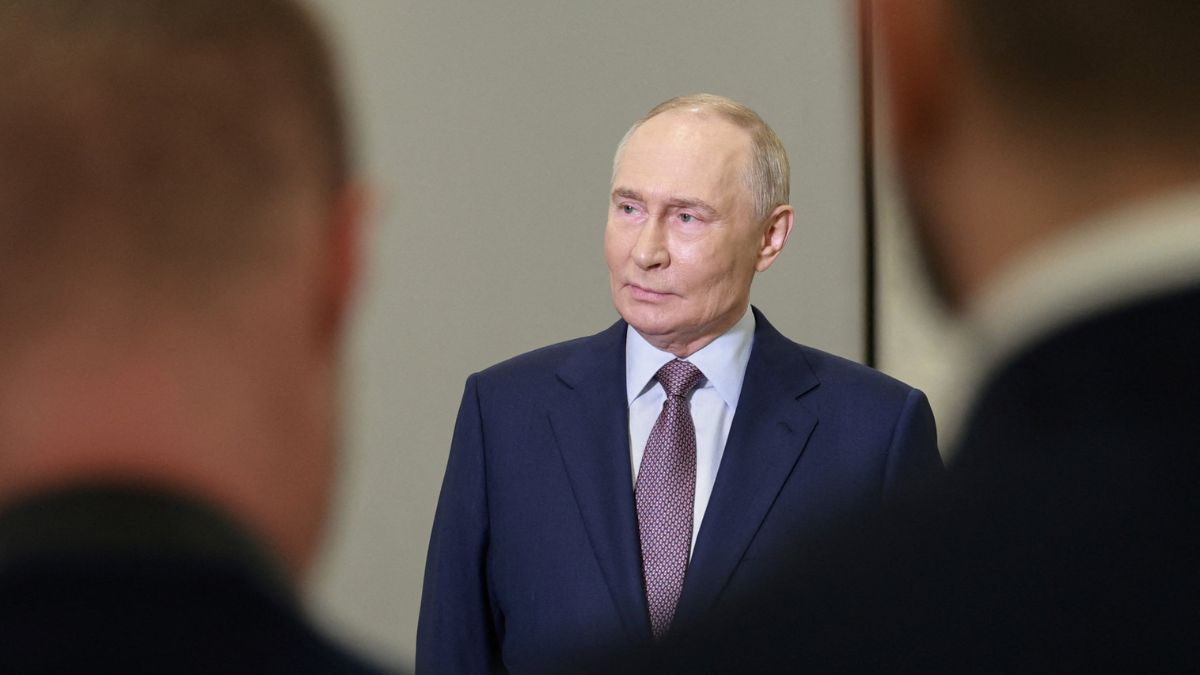In a region defined by volatility and grandstanding, Qatar has managed something remarkable—it has built power not by projection, but by persuasion. Doha today hosts warring parties, rival intelligence services, and ideological opposites, all under one roof with a comfort level rarely seen at other capital cities of the world.
It is a rare Arab capital where US generals, Taliban negotiators, and Iranian diplomats feel equally at ease. That improbable versatility did not happen overnight. It was engineered over three decades through a combination of economic foresight, soft power investment, and an instinctive understanding that survival in the Gulf depends less on might and more on smartness typified by quiet intellectualism.
The 1990–91 Gulf War jolted Qatar into strategic awareness. Iraq’s invasion of Kuwait exposed the fragility of smaller Gulf monarchies and convinced Doha that security could no longer rest on Saudi protection or Arab solidarity. It needed a direct anchor with Washington. Qatar began hosting US forces, and by the early 2000s, Al Udeid Air Base had become the largest American facility in the region.
When the US Central Command shifted its forward headquarters to Doha, Qatar’s destiny changed. The American presence became both shield and signal—deterring coercion by larger neighbours and giving Doha the confidence to pursue an independent foreign policy built on assured security and expanding influence.
With physical security ensured, Qatar’s rulers—led by Sheikh Hamad bin Khalifa Al Thani after 1995—turned to a more ambitious project: statecraft by intellect. They invested heavily in human capital, transforming a once-modest bureaucracy into a cosmopolitan cadre of economists, media professionals, technocrats, and diplomats trained in both Arab tradition and Western reasoning.
Education City in Doha became the most visible symbol of this intellectualism, hosting branch campuses of leading US universities. The goal was not just education but exposure—to create a generation that could converse in the language of international capitals.
Impact Shorts
More ShortsThe result was a bureaucracy that could think strategically, communicate persuasively, and operate with global confidence—influence operations at its best and a lesson for any nation or organisation wishing to be large in its footprint.
Money alone couldn’t buy influence. Qatar understood that soft power needs structure—a fusion of wealth, ideas, and visibility. The launch of Al Jazeera in 1996 shattered the monopoly of state media, giving Arabs their first credible space for open debate. It drew bans and boycotts, yet every ruler watched and every audience trusted it. That paradox became Doha’s leverage: even its critics needed it. With Al Jazeera (English), Qatar gained global reach, turning the media into an instrument of diplomacy by other means.
Qatar’s communication power evolved seamlessly into diplomacy. Avoiding rigid alignments, it mastered the art of useful neutrality—hosting the Taliban’s political office when others shunned them, mediating between Hamas and Fatah, and brokering talks in Darfur, Lebanon, and Sudan.
Each modest success reinforced the view that Doha could do what larger states could not: keep channels open when tempers flared. Even Washington learnt that Doha could deliver where force failed—which is why the 2020 US–Taliban deal was signed in Doha, and why, even today, Israel cannot afford to ignore it.
The US Central Command’s presence gave Doha the confidence to act freely; its diplomacy gave it the legitimacy to act widely. This balance—American security and Arab authenticity—created a rare equilibrium. It helped Qatar weather its toughest test, the 2017 blockade by Saudi Arabia, the UAE, Bahrain, and Egypt. Intended to isolate it, the siege only hardened Qatar’s resolve. It diversified trade through Iran and Turkey, built self-reliance, and expanded global partnerships. When the blockade ended four years later, Qatar emerged stronger, its autonomy intact and its agility unrivalled in the Gulf.
For various reasons and compulsions, other Arab and Gulf nations could not achieve this. Structure, temperament, and priority enabled it. Qatar alone found the middle ground—combining gas wealth, US protection, media influence, and diplomatic audacity. In the hierarchy of Gulf politics, it became the state everyone both resents and requires.
Qatar’s confidence also drew global attention in 2022, when it delivered the FIFA World Cup with an efficiency and precision that surprised even its critics. What was meant to be a test of capacity became a display of extraordinary management—world-class infrastructure, immaculate logistics, and cultural presentation at scale.
The event transformed Qatar’s image from a niche Gulf player to a nation capable of staging one of the largest global spectacles in modern history. The tournament was not merely about football; it was about national branding, showing how organisation itself can be a form of soft power.
Building on that momentum, Qatar has encouraged international tourism as a bridge to acceptance among the world’s more open and developed societies. Its promotion of sustainable travel, cultural festivals, and architectural heritage has drawn millions of visitors and diversified its economy beyond energy. The country’s hospitality sector—from the redeveloped 7-kilometre-long Corniche to desert retreats—now projects a cosmopolitan confidence that complements its diplomacy. Tourism is helping Doha blend Arab tradition with global accessibility.
That brings us to an interesting question. Can Qatar now play a role in mainstreaming Iran—or, to put it more accurately, in integrating Iran into a sustainable Gulf equilibrium? It already shares with Tehran the massive North Field–South Pars gas reserve, a natural source of mutual restraint.
Doha’s consistent refusal to demonise Iran—even during moments of high regional tension—sets it apart from most Arab capitals. During the 2017 blockade, when its neighbours accused it of being too close to Iran, Qatar quietly maintained open communication without compromising its US alliance. This ability to talk to both sides is its rarest currency. If any Arab state can help reduce the reflexive hostility between Tehran and the Arab world, it is Qatar.
Iran is not isolated in the traditional sense; it wields influence from Iraq to Lebanon and maintains deep ties with Russia and China. Yet mistrust still defines its Gulf relations. Qatar cannot change that overnight, but it can reframe it.
By offering discreet channels for dialogue, humanitarian coordination, and trade, Doha can slowly rebuild confidence. In the tense post-Gaza landscape, it remains the one Arab capital trusted by both Washington and Tehran to host quiet de-escalation talks. Should it succeed in brokering even a limited Gulf–Iran security or trade dialogue, it would redefine regional diplomacy after decades of hostility.
That would indeed be an extraordinary achievement—the culmination of Qatar’s long experiment with “smart power”. Its tools are already in place. Credible neutrality, economic strength, a reputed media platform, and the protective shadow of American deterrence. What remains is intent and opportunity. And the moment may be approaching.
The US finds value in Qatar’s mediation channels as Washington recalibrates its Middle East footprint. Iran, meanwhile, is seeking ways to ease isolation without capitulation. The Arab Gulf monarchies, fatigued by conflict, are rediscovering pragmatism. Doha’s diplomatic temperament suits this new regional mood perfectly.
Qatar’s story is more than one state’s cleverness; it is proof that influence can be built through intellect, not territory. By blending gas with ideas, protection with persuasion, and neutrality with activism, Doha turned its vulnerabilities into strength. From a small emirate in Saudi Arabia’s shadow, it has become the Arab world’s diplomatic nerve centre.
Even Israel’s recent apology after angering Doha reflects this new equilibrium—Qatar is no longer a bystander but a stakeholder. Such models strengthen regional stability. Just as Singapore anchors dialogue in Asia through the Shangri-La Forum, Doha could one day host a “Doha Dialogue” of comparable global significance.
If it can now contribute to easing Iran’s estrangement, Qatar would achieve something that decades of coercion have failed to do—to bring Iran into a framework of managed coexistence. That would mark Doha’s passage to a potentially deserving institutional Nobel Peace Prize. It’s something to think about.
The writer is a member of the National Disaster Management Authority. Views expressed in the above piece are personal and solely those of the author. They do not necessarily reflect Firstpost’s views.


)

)
)
)
)
)
)
)
)



